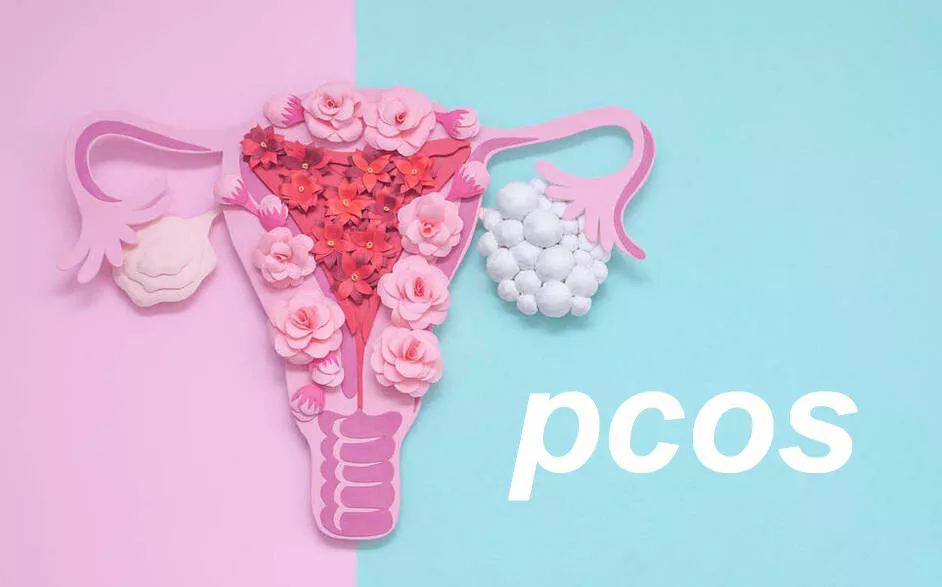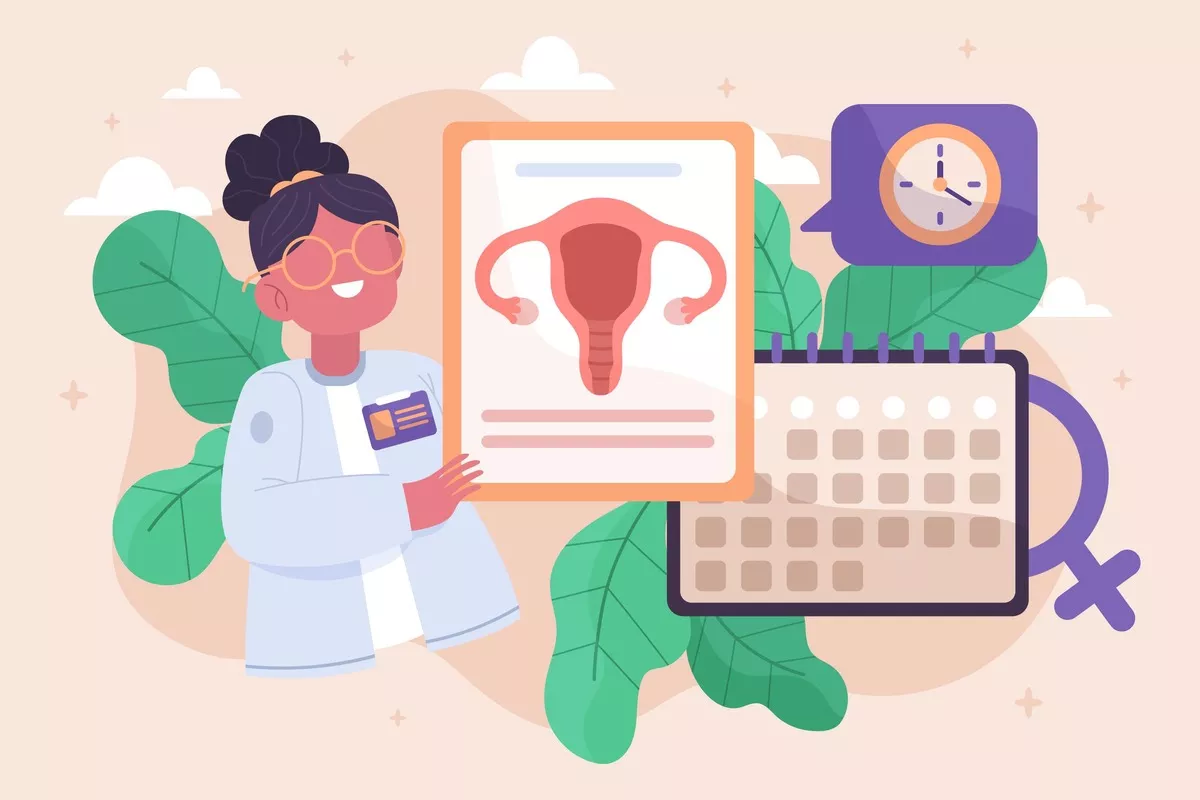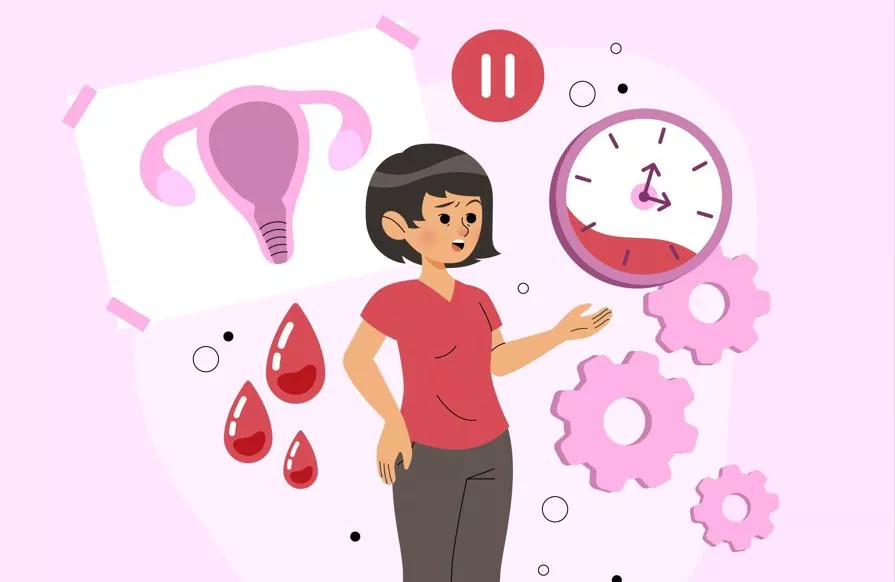Dr. Kavitha Kovi, HOD - Obstetrics and Gynecology at Aster Women & Children Hospital, provides a comprehensive overview of the placenta, its functions, and potential complications during pregnancy.
What is the Placenta?
The placenta is a vital organ that develops in the uterus during pregnancy. It acts as a bridge between the mother and the fetus, providing oxygen, nutrients, and removing waste products. The placenta is important in supporting fetal growth and development.
Complications Associated with the Placenta
Dr. Kavitha discusses various placenta-related complications, including:
- Placenta Previa: This condition occurs when the placenta covers the cervix, potentially leading to bleeding during pregnancy and delivery.
- Placenta accreta: In this condition, the placenta abnormally attaches itself to the uterine wall, increasing the risk of postpartum hemorrhage and hysterectomy.
- Placental abruption: This refers to the premature separation of the placenta from the uterine wall, which can cause severe bleeding and fetal distress.
- Placental insufficiency: This occurs when the placenta fails to provide adequate oxygen and nutrients to the fetus, potentially resulting in growth restrictions and other complications.
Diagnosis and Management
The video highlights the importance of regular prenatal check-ups and ultrasound scans for monitoring placenta development and identifying potential complications. Management strategies vary depending on the specific condition and may involve lifestyle modifications, medication, or surgical interventions.
For more information, consult the Department of Obstetrics and Gynecology at Aster Women & Children Hospital.
To book an appointment, contact us at 080-4510 8888.










